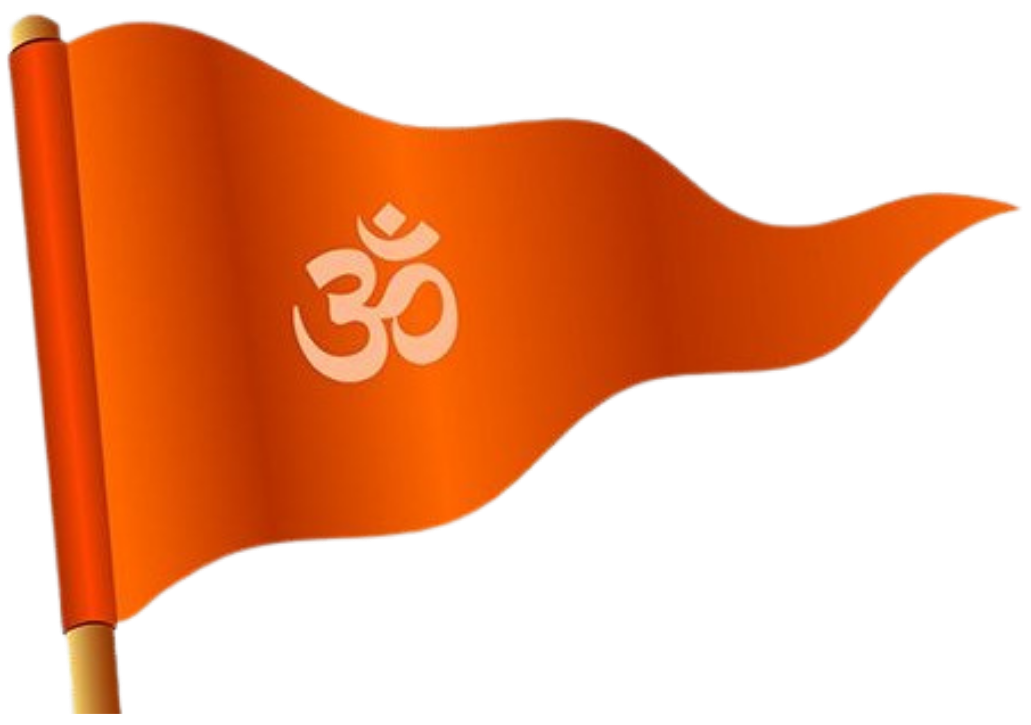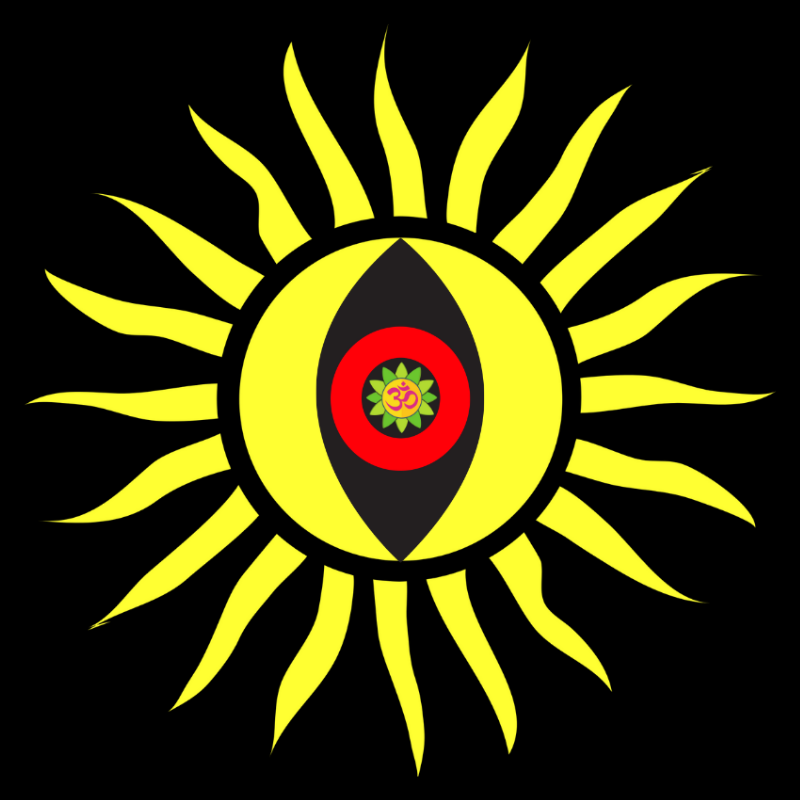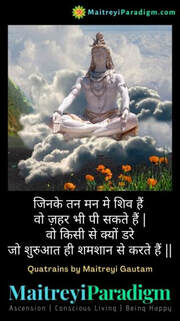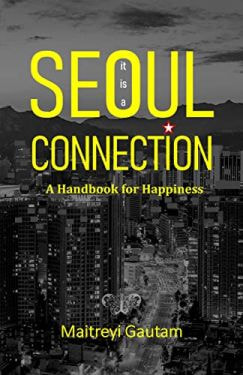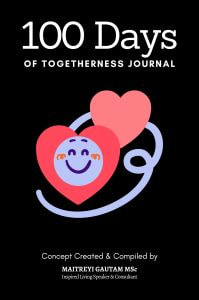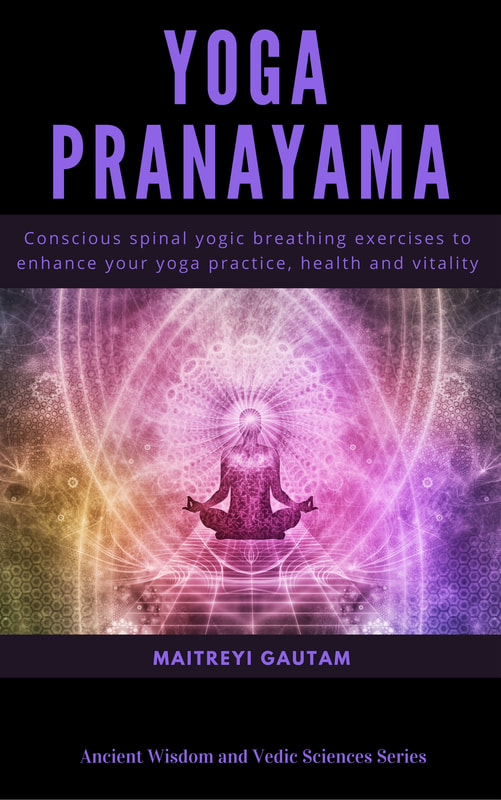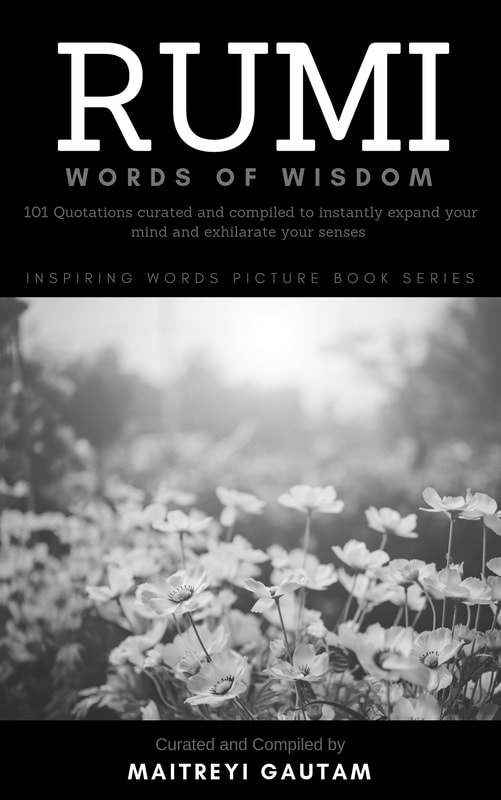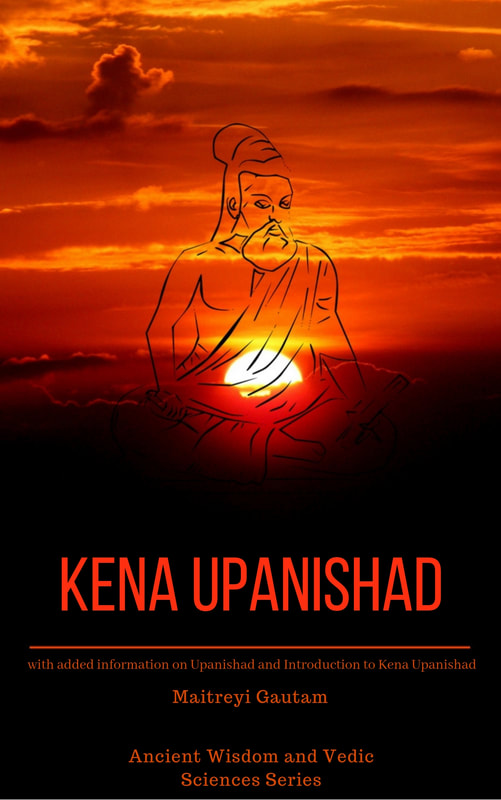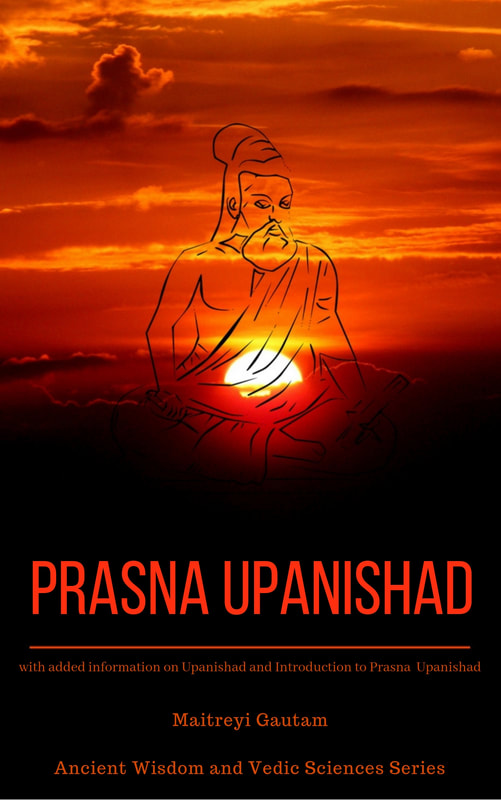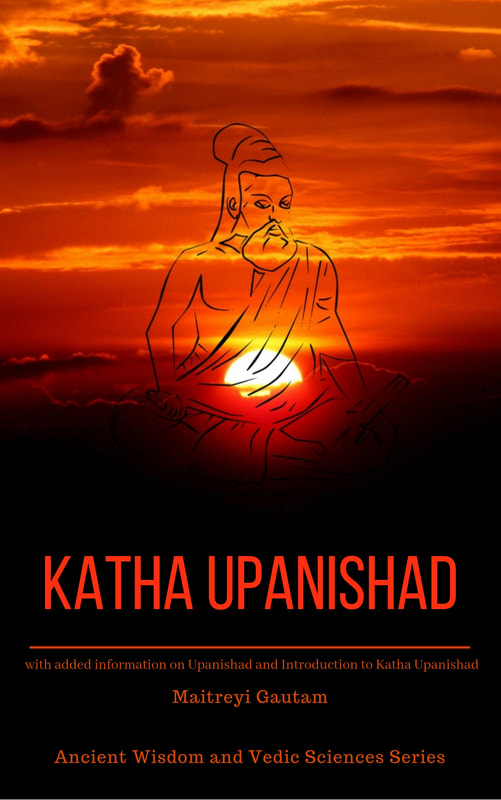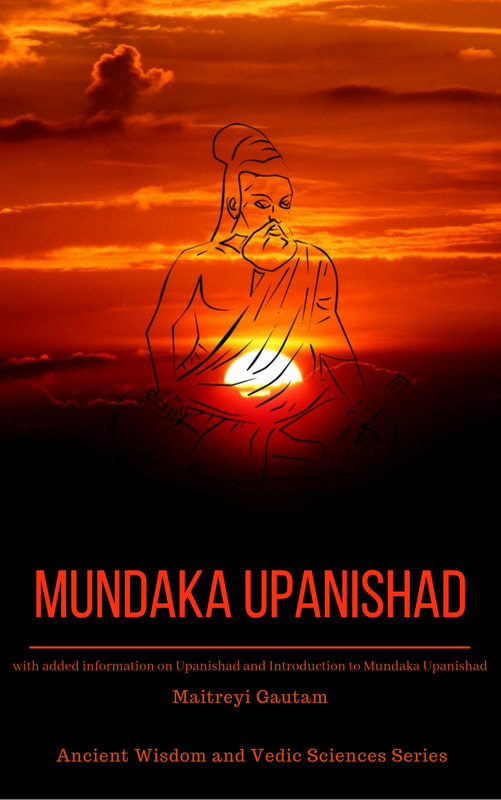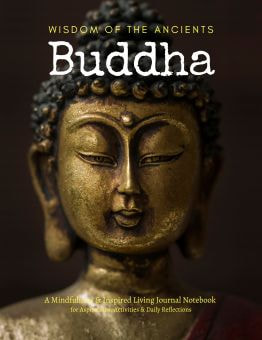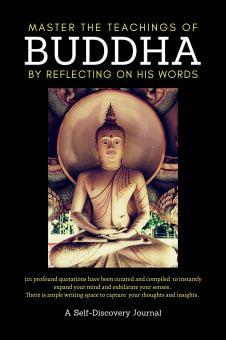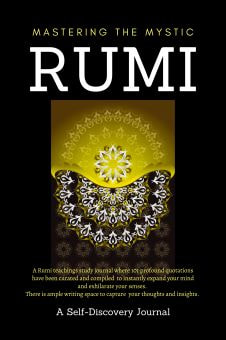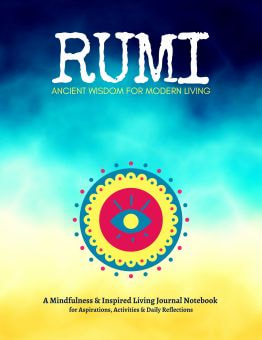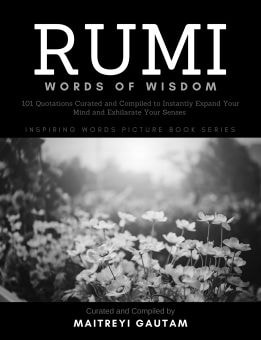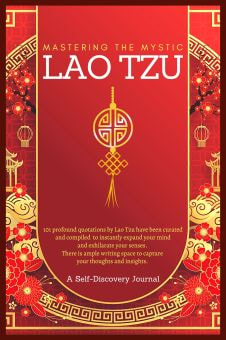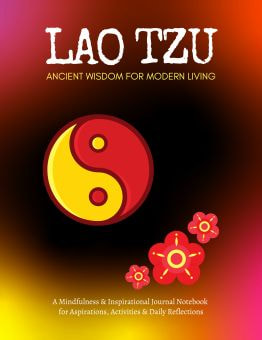Vedas – are the roots of the Hindu religion. Vedas possess the basis from where Hindu scriptures originate. The term Veda literally means “knowledge’’ (also science) about special fire-sacrifices called Yagnas and other materialistic concepts which address day-to-day happy, healthy living (e.g. using Vedic, Ayurvedic and Jyotish principles).
Vedas are ancient and the oldest sacred writings that were written in Sanskrit and probably the first Veda came into existence even before 7000 BCE. These were constructed during the Indo Aryan Civilization. Real authors of these books are unknown but it is thought that these books originated from the hands of god itself. The roots of all Vedas are hypothetically thought to originate from the concept of "One Divine Being"- which forms the basis for modern day thinking of ‘Sanatana Dharma’. Vedas include awareness, intelligence and viveka, i.e. intellectual ability of discrimination- between that which brings/not well-being to oneself and others, society at large.
Vedas are a collection of four books which teaches one what is pure, truthful, i.e. Sattvic living and how to be away from impurity (a-sattvic) and stagnation (tamas). It gives detailed outlook about each and every aspect and stages in one's life.
Veda is divided into four parts:
A special thing about Atharva Veda is that it contains secrets of what are colloquially considered as magic spells! These are not "magic spells" which have a very negative and almost evil connotation! These are solution ideas which have been provided as a way for the common person to help and protect themselves by harnessing divine energies via specific actions/ingredients- which further leads to the concept of tantra- tools for attaining divinity and well-being.
These solutions from the Atharva Veda are designed to destroy all bad omens and diseases. Atharva Veda doesn't involve fire-rituals/sacrifices, i.e. Yagnas, which are the basis of other three Vedas, but is more concerned and connected with the outside-world or day-to-day living. This Veda explains Ayurveda (Science of Life) and Jyotish (Vedic Astrology which allows one to understand and foresee opportune and in-opportune times for specific cosmic energies- i.e. the way cosmic energies are being directed) as sciences which directly affect a person's daily life.
Today, whatever we are learning or can be learnt is considered to have its origin within the Vedas. This is even more evident when we observe that atomic science, nuclear technology, aviation and other such studies which are all considered as modern day inventions were in existence during Vedic times.
Vedas are a compilation which gives us true meaning and knowledge about what is Dharma (the spiritual law), Artha (money/materialistic affluence), Kama (desire) and Moksha (enlightenment 'or' mergence into the cosmic divine spirit) and how these four co-relate and help us to live an eternal and true life.
Vedas are ancient and the oldest sacred writings that were written in Sanskrit and probably the first Veda came into existence even before 7000 BCE. These were constructed during the Indo Aryan Civilization. Real authors of these books are unknown but it is thought that these books originated from the hands of god itself. The roots of all Vedas are hypothetically thought to originate from the concept of "One Divine Being"- which forms the basis for modern day thinking of ‘Sanatana Dharma’. Vedas include awareness, intelligence and viveka, i.e. intellectual ability of discrimination- between that which brings/not well-being to oneself and others, society at large.
Vedas are a collection of four books which teaches one what is pure, truthful, i.e. Sattvic living and how to be away from impurity (a-sattvic) and stagnation (tamas). It gives detailed outlook about each and every aspect and stages in one's life.
Veda is divided into four parts:
- Rigveda – originates from the word ‘Rik’ which means mantras or recitals. Each Ric is further divided into several parts. Each such part contains hymns that are dedicated to different lords who together run different energies of the world.
- Yajurveda – It is divided onto two major parts. The first part or the ‘Krishna’ includes the procedures to perform sacrifices. Another part of the Yajurveda is Brahmana which contains codes for the sacrifices.
- Samaveda – The present eras musical octets, all originated from Samaveda. The musical notes of Samaveda are in turn based on ‘Rik’ of the Rigveda. Hence, a sweet melody is applied to the hymns and praises from the Rigveda.
- Atharvaveda – This one is the most unique from other three vedas. It has no connection with the above mentioned three Vedas and it also contains a very different ‘Gayatri Mantra’ unlike others.
A special thing about Atharva Veda is that it contains secrets of what are colloquially considered as magic spells! These are not "magic spells" which have a very negative and almost evil connotation! These are solution ideas which have been provided as a way for the common person to help and protect themselves by harnessing divine energies via specific actions/ingredients- which further leads to the concept of tantra- tools for attaining divinity and well-being.
These solutions from the Atharva Veda are designed to destroy all bad omens and diseases. Atharva Veda doesn't involve fire-rituals/sacrifices, i.e. Yagnas, which are the basis of other three Vedas, but is more concerned and connected with the outside-world or day-to-day living. This Veda explains Ayurveda (Science of Life) and Jyotish (Vedic Astrology which allows one to understand and foresee opportune and in-opportune times for specific cosmic energies- i.e. the way cosmic energies are being directed) as sciences which directly affect a person's daily life.
Today, whatever we are learning or can be learnt is considered to have its origin within the Vedas. This is even more evident when we observe that atomic science, nuclear technology, aviation and other such studies which are all considered as modern day inventions were in existence during Vedic times.
Vedas are a compilation which gives us true meaning and knowledge about what is Dharma (the spiritual law), Artha (money/materialistic affluence), Kama (desire) and Moksha (enlightenment 'or' mergence into the cosmic divine spirit) and how these four co-relate and help us to live an eternal and true life.

